For post-COVID renewal we need to be radical: here’s how to ensure the arts are truly at the heart of every child’s life
27 August 2020
For its contribution to the 25 Calls campaign, Starcatchers said all children must be able to participate in high quality, innovative arts experiences from the earliest age. Two years on, they’re joined by 11 other organisations arguing that the arts and artists must be brought into the mainstream fold of every child’s support network.
We are a group of organisations and artists who create arts experiences with and for children and young people in Scotland.
We are Articulate Cultural Trust, Action Boat, Catherine Wheels, Curious Seed,Frozen Charlotte, Imaginate, Independent Arts Projects, Lyra, Red Bridge Arts, Scottish Youth Dance, Starcatchers and Visible Fictions.
In these extraordinary times so many of the experiences which have been integral to children’s resilience and wellbeing have come through arts and creativity.
Rainbows in windows, group singing in our streets, chalk pictures on pavements, ribbons tied to fences, craft, dancing, creative play – these small, grass-root expressions that brought joy, communicated powerful feelings and enabled connection with family, friends and others in the community show how the arts and creativity are an essential part of our humanity and essential for building communities where children can flourish.
Sadly, this pandemic has magnified the fact that not every child lives in an environment where their innate creativity and imaginations can be nurtured and inspired.
That’s why we are revisiting Starcatchers’ original call from 2018, asking the Scottish Government and Scotland’s local authorities to act now, with urgency and ambition, to ensure arts and creativity are at the heart of every child’s life.
Artists as part of the core team around every child
To achieve this, the arts and artists must be brought into the mainstream fold of every child’s support network.
Artists, or ‘creative practitioners’ should be part of the core team around every child in Scotland.
"Achieving our call will require a cultural shift backed by reform of funding structures in national and local government."
Embedded in communities and reaching children through nurseries, schools, out-of-school care, health and community settings, their unique and diverse skillset, expertise, connections and perspective would serve to enrich children’s experiences, enhancing their learning and supporting their overall wellbeing.
This is the most effective way of ensuring every child can benefit. Artists have been working with children before and throughout this pandemic – most as freelancers attached to short-term projects in pockets of innovation, unevenly distributed throughout Scotland.
There is a very real concern that, in times of fiscal pressure, these short-term arts projects are the first things to disappear.
As Tony Reekie described in his response to Starcatchers’ first call in 2018, the challenge that he encountered persistently during his 21 years as CEO of Imaginate, was that the arts are viewed as “an add-on – sometimes a rather extravagant add-on – instead of an integral part of our humanity” - and that’s why it’s far too easy to take them away.
There are many reasons why the arts should not be taken away, in fact, why they must be at the heart of every child’s life:
Maintaining good health and wellbeing
Participating in the arts brings people together. When children and parents/carers have protected time to participate in fun, arts and creative activities together it helps strengthen the bond between them.
The emotional response that a child has to live dance or theatre performances can help them feel connected to their peers, parents and educators and build a sense of community.
And the opportunities that the arts provide for children to express themselves in ways that are meaningful, supports them to explore and process difficult or complicated thoughts and feelings.
Enriched learning experiences
Residencies which have seen artists embed themselves in a nursery or school community for extended periods of time can enhance children’s engagement with learning and facilitate exploration of different subject areas right across the curriculum.
Using arts approaches like dance, music, theatre and drama gives children a completely different, more stimulating, perspective of the curriculum and indeed of themselves, so that the learning experience is richer and deeper.
The often open-ended nature of arts approaches can dispel ingrained assumptions that there is a ‘right’ or ‘wrong’ way of doing things, which challenges but also empowers children, building their confidence to be creative, try new ideas and develop agency.
A recent innovative new project offered nursery and primary schools an immersive theatrical experience, with a story arc facilitated by professional actors and a theatrical set that transported children into a completely different, magical world. Early indications are that the ‘Lost Lending Library’ from Punchdrunk helped children engage with stories, books and reading; developed speaking skills; and inspired increased involvement from parents.
Helping children understand and fulfil their rights
Children grow to understand their rights through their lived experience.
Their right to participate freely in arts and culture is protected in Article 31 of the United Nations Convention of the Rights of the Child. However, participating in the arts can help ensure other rights are fulfilled including the right to good mental health (Article 24); the right to an education that develops their mind, body and talents and helps them be the best they can be (Article 29) and the right to be listened to and have a voice (Article 12).
Empowering children to be at the heart of decision-making
There are many examples, nationally and internationally, where arts and creative approaches have empowered children to influence decision-making and shape their communities.
The opportunities that arts provide for children to express their thoughts and ideas without having to articulate them verbally are powerful when decision-makers provide platforms for them to be shared, and are willing and have the skills to listen and respond.
As we come out of this pandemic and begin to shape what kind of place we want Scotland to be, making sure children have a voice and are part of that has never been more important.
Reform
Achieving our call will require a cultural shift backed by reform of funding structures in national and local government.
A national inquiry into arts funding last year revealed concerns that the positive impact the arts have on national outcomes right across the board - in terms of health and wellbeing, education and rights - is not sufficiently recognised.
The ‘adequate provision’ that local authorities are required to make for arts and culture is also problematic – open to interpretation and failing to reflect the contribution arts make across many of the themes that Community Planning Partnerships prioritise in Local Outcomes Improvement Plans, including children’s wellbeing.
We also need a much more joined up approach to working between artists and other professionals, ensuring there are shared values and goals and that these are articulated with a shared language.
The Arts In Education Recovery Group, initiated by Creative Scotland’s Creative Learning and Young People Team in partnership with colleagues from both arts and education is currently undertaking a mapping exercise that will provide a snapshot of how artists are supporting children’s learning now.
This is positive and we must all consider the bigger picture. Let’s ask what kind of communities and places will help ensure our children flourish – and then, what role do arts and artists have to play in enabling that to happen? If we do this, the whole country will emerge stronger.
A part of our 25 & Up blog series, this is an update to Starcatcher's original call contributed to our 25 Calls campaign in autumn 2018. Click here to read their call
"My daughter just wants to dance. So what's stopping her?" Click here to read Tony Reekie's 2019 response to the call
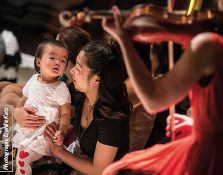
Call 24
Ensure all children can participate in high quality, innovative arts experiences from the earliest age
Click to read the call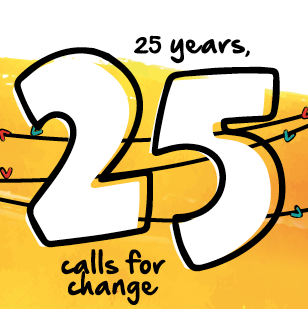
25 Calls campaign
Our campaign proposes how children can experience greater equality and strengthened human rights
Click to find out more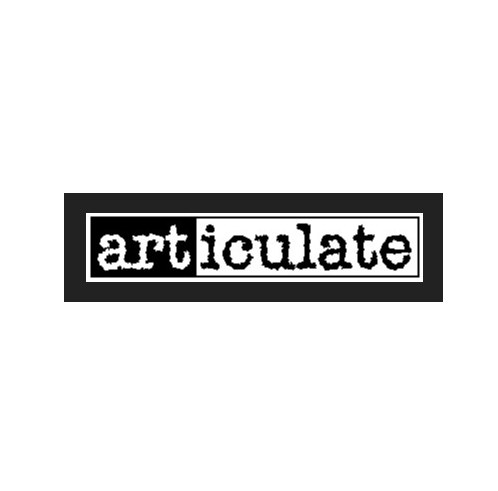
Articulate Cultural Trust
Articulate exists to support arts access and participation by children, young people and adults
Click to visit the website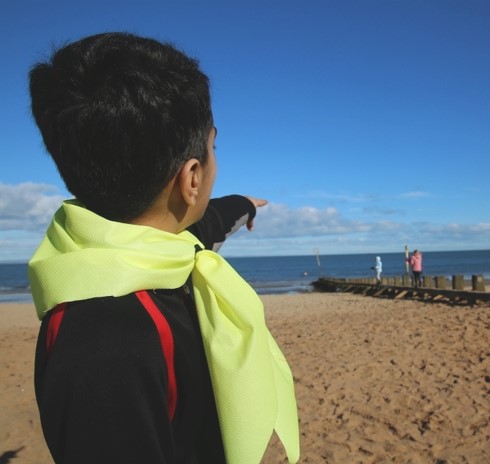
Action Boat
A collection of creative practitioners. Picture: Geraldine Heaney
Click to find out more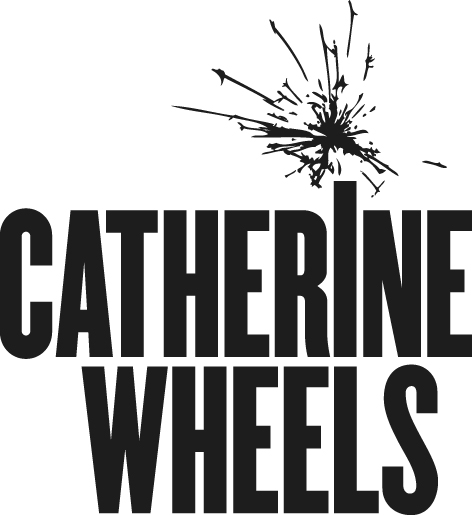
Catherine Wheels
One of Scotland’s most celebrated producers of work for children and young people
Click to visit the website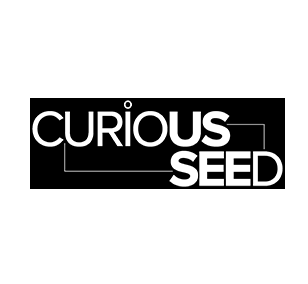
Curious Seed
The company produces and presents dance theatre work that questions the world we live in
Click to visit the website
Frozen Charlotte
An award-winning Scottish theatre company that makes work for and with children and young people
Click to visit the website
Imaginate
The organisation promotes, develops and celebrates theatre and dance for children and young people
Click to visit the website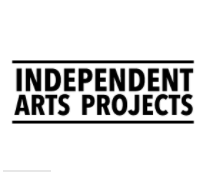
Independent Arts Projects
Presenting tour performance projects by extraordinary artists at all stages of their careers
Click to visit the website
Lyra
Creating a positive impact for children & young people in Edinburgh's Greater Craigmillar community
Click to visit the website
Red Bridge Arts
An ideas-led organisation providing a supportive structure to stimulate and sustain artists’ development
Click to visit the website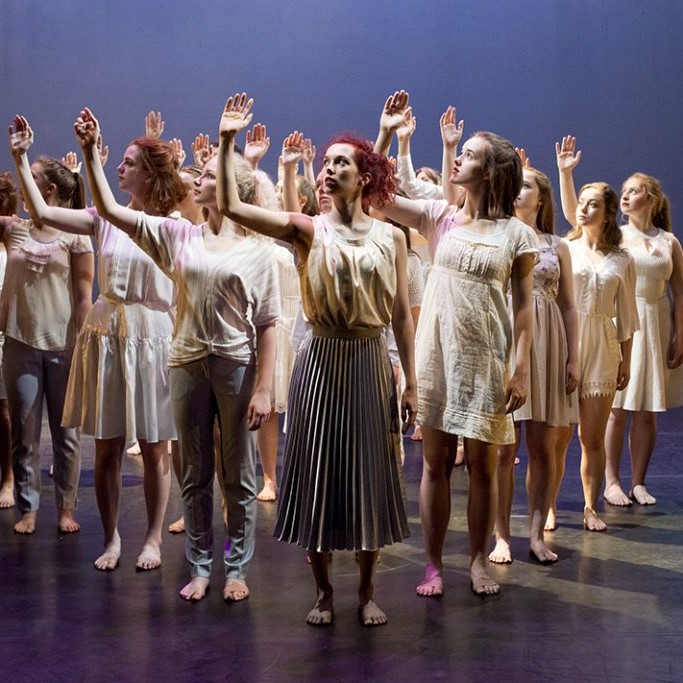
Scottish Youth Dance
The national dance organisation for children and young people in Scotland
Click to visit the website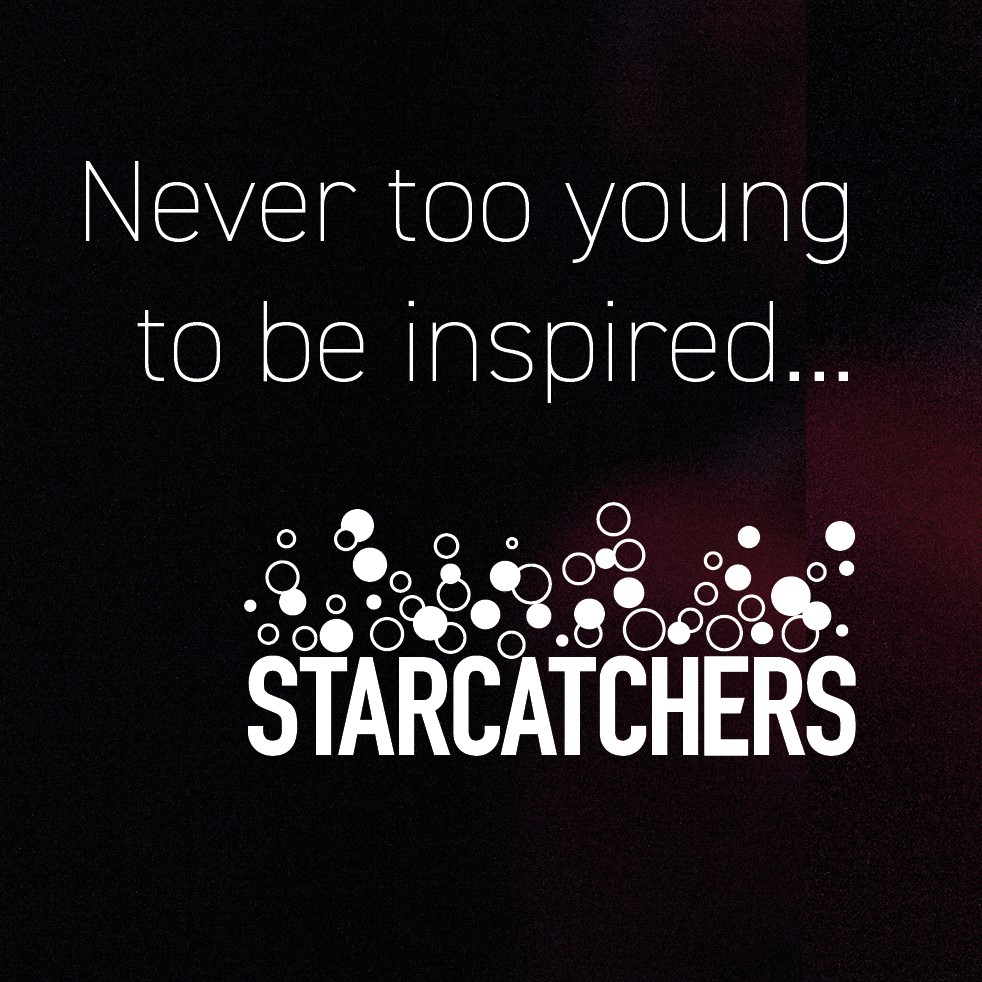
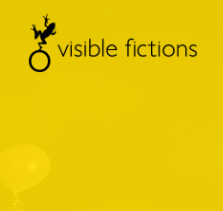
Visible Fictions
Creating innovative theatrical experiences and creative learning projects for young people and adults
Click to visit the website